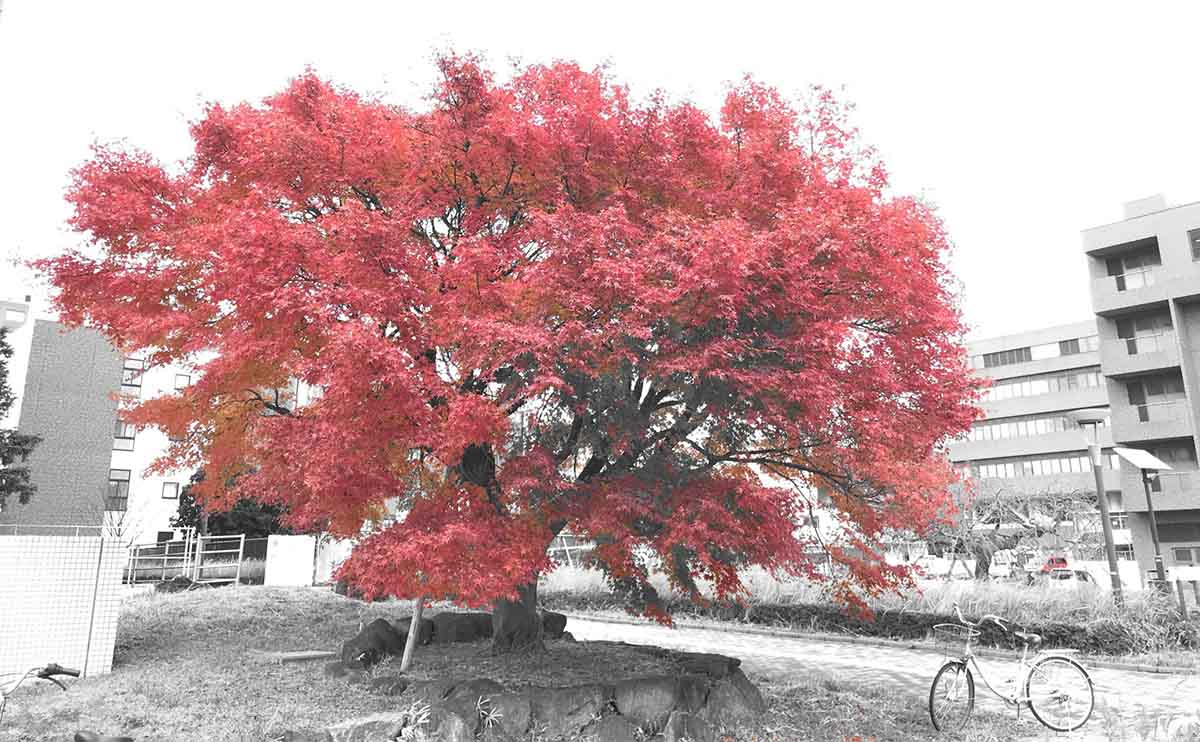



Welcome to the website of the astrophysics research team led by Masao Mori at the University of Tsukuba. Our team advances astrophysics by combining numerical simulations, analytical theory, and observational data analysis. Research topics include galaxy formation and evolution, the role of dark matter in cosmic structure formation, galaxy collisions, supermassive black hole activity, galactic winds, and habitable zones within galaxies.
We specialize in computational astrophysics, developing large scale simulations and theoretical models to study the complex dynamics of galaxies. By working closely with observational researchers, we bridge theory and data to build a more unified view of the universe. On the methodological side, we develop high accuracy numerical schemes, massively parallel algorithms, and GPU based acceleration techniques, and we are now applying machine learning to astrophysical problems. We are also extending these computational approaches to education and to the field of computational sports science.


We are dedicated to nurturing the next generation of astrophysicists. Our group welcomes both undergraduate and graduate students, offering opportunities to participate in cutting edge research. At the University of Tsukuba, graduate school entrance examinations are held three times a year: a recommendation based exam in July, and general admissions in August and February. We actively encourage applications from students at other universities as well.
Please note that acceptance depends strongly on the current situation of the laboratory, including supervision capacity, funding, and project availability. Before starting any application process, please contact us to confirm whether we can host a new student and to discuss fit with ongoing projects.
Masao Mori

“How did the cosmos begin, and how did it become what it is today?” — this fundamental question
has captivated humanity since ancient times. Cosmology and astrophysics seek to answer it
through the lens of physics. George Gamow’s theory (Gamow 1984) laid the foundation for modern
discussions on the universe’s origin and has guided observational efforts throughout the 20th
and 21st centuries. Today, it is widely accepted that the universe began 13.8 billion years ago
in a hot, dense state—the Big Bang—and that the formation and evolution of celestial structures
in the expanding universe have shaped the cosmos we observe.
Our research group aims to uncover how galaxies have evolved over cosmic time and to explore
their future, grounded in the principles of natural science.

This section highlights our latest research activities, including publications, conference presentations, media coverage, and collaborative projects. We also share updates on team events and extracurricular activities that strengthen connections and promote a healthy work-life balance within the group.


Below, you will find information about my current team members and graduates.

Below is a list of my recent research papers, selected papers to date, and received research funding.


mmori@ccs.tsukuba.ac.jp
Center for Computational Sciences, University of Tsukuba
Tennodai 1-1-1, Tsukuba, Ibaraki 305-8577, Japan
+81 (0)29 853 6034